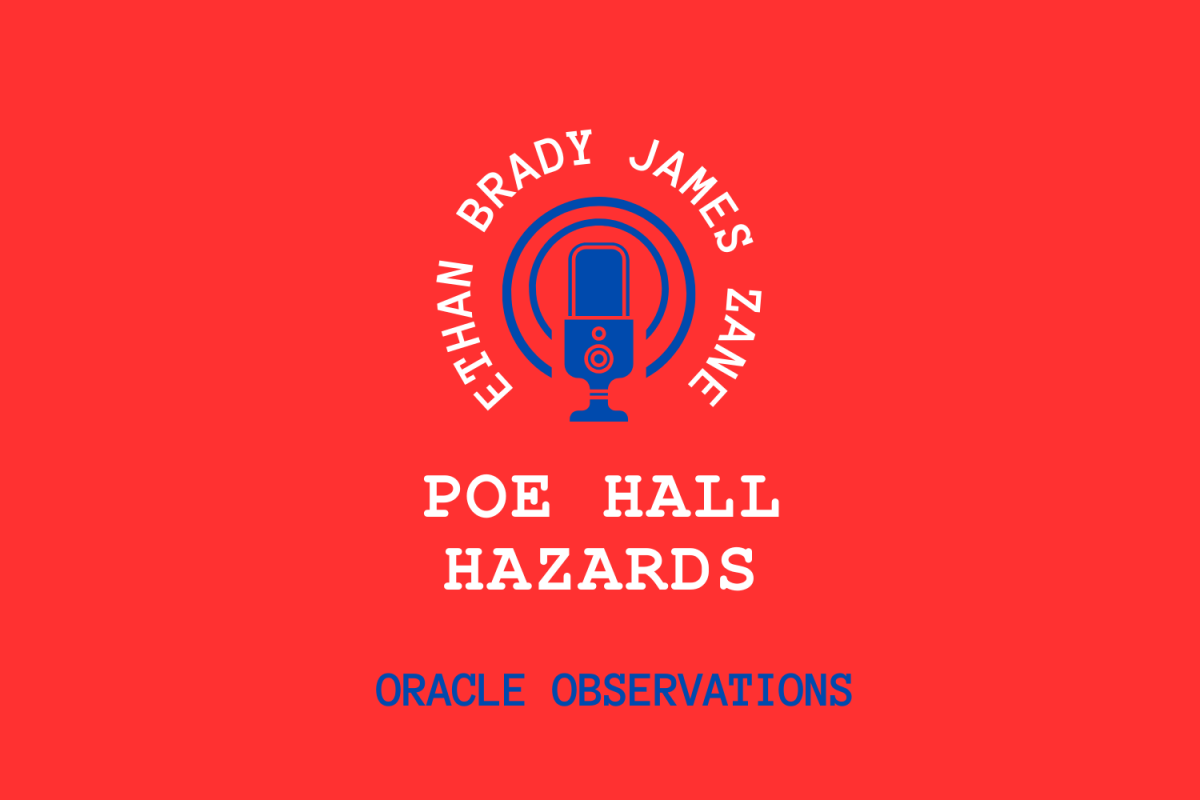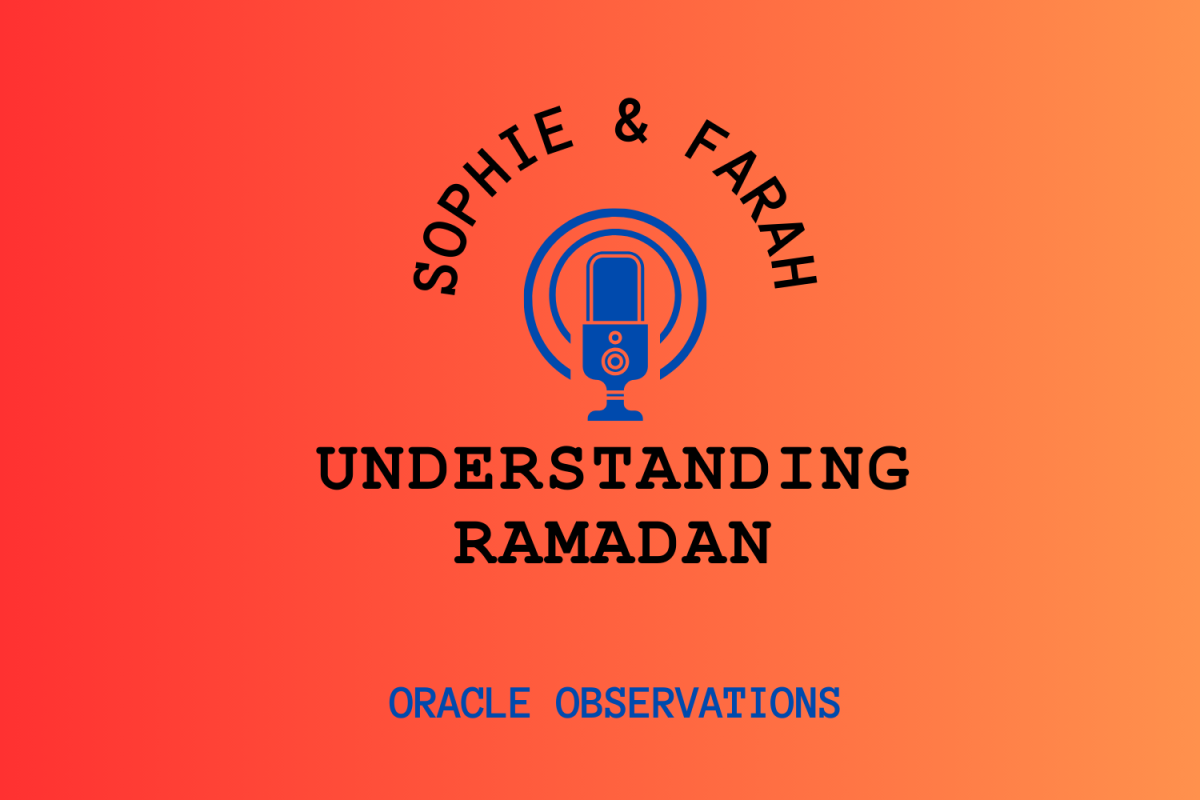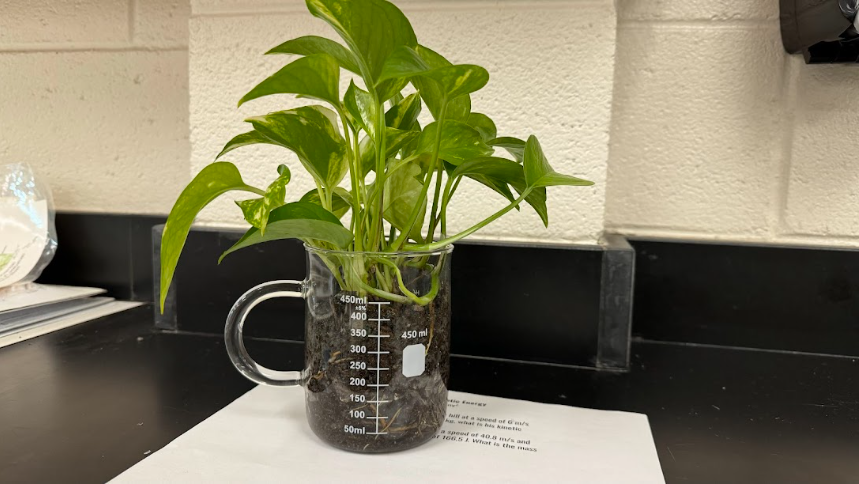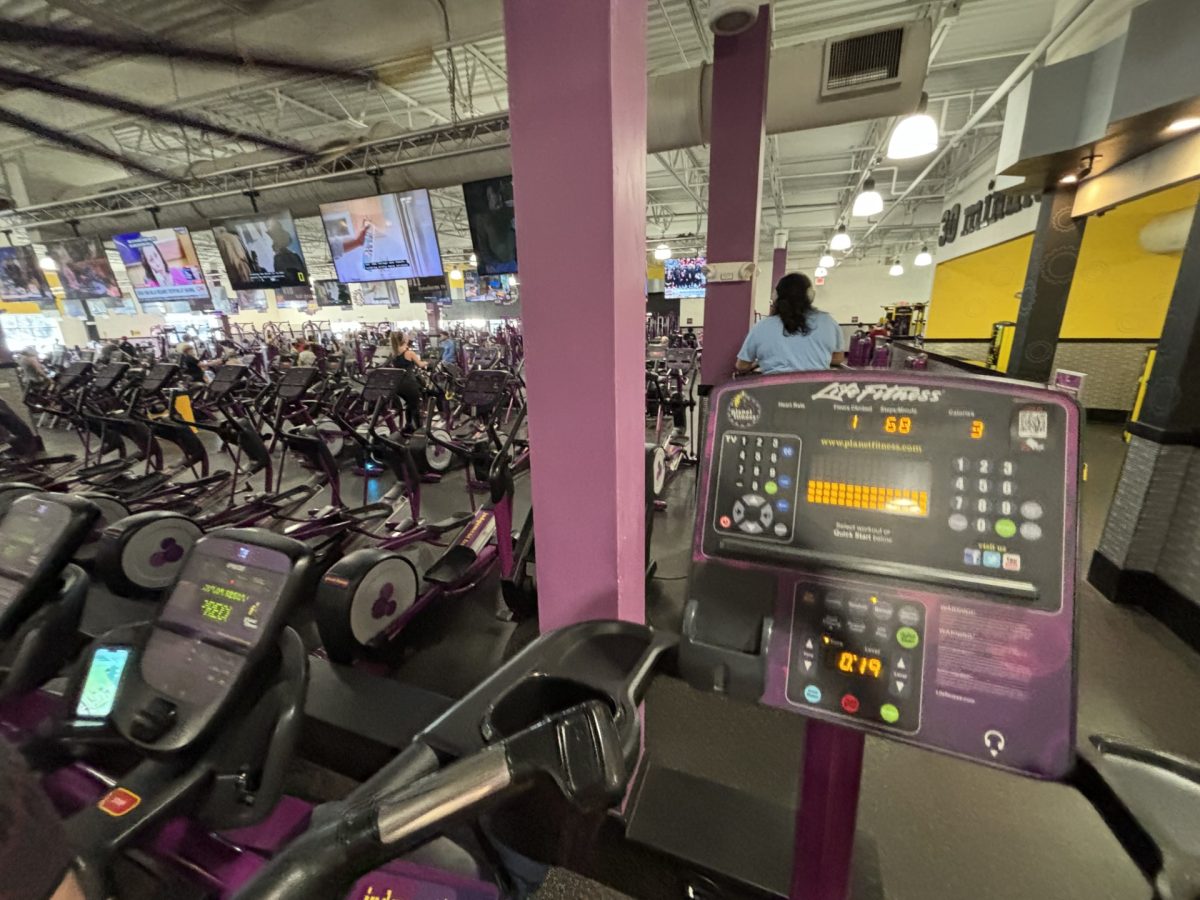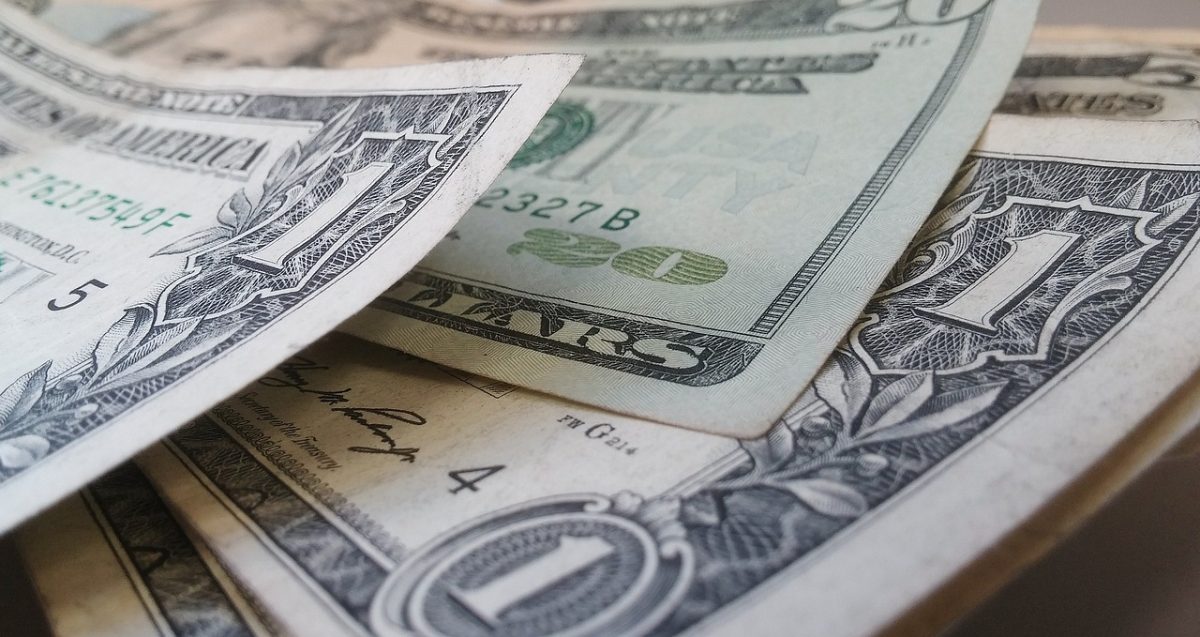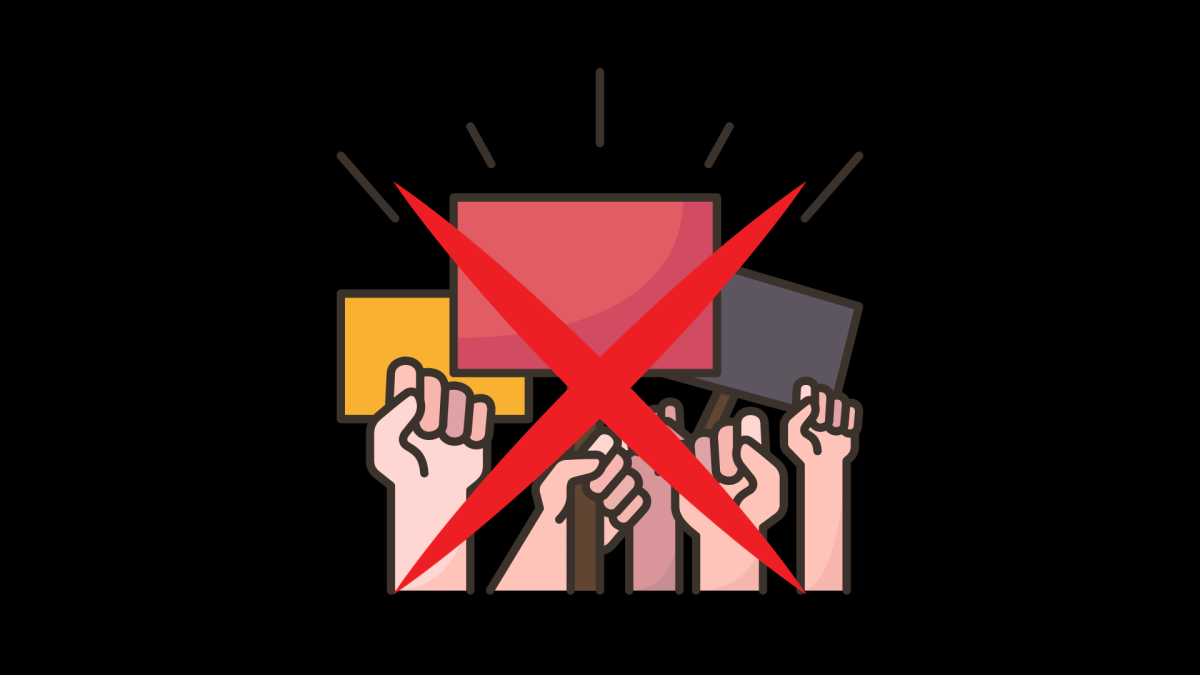Fundraising season is at an all time high at Athens Drive, which means, coupled with the fast approaching Valentine’s day, that it’s also chocolate season. It isn’t uncommon to see a student walking down the hallway lugging a blue box of “World’s Finest Chocolate,” or buying a candy gram. These can be fun ways to celebrate the holiday, but they may also have a sinister origin.
Many companies we know and love, such as Hershey’s and our own “World’s Finest” have been repeatedly investigated for instances of child labor and human trafficking on their outsourced chocolate plantations in Africa and South America. Many of these children are promised paying jobs or safety form poverty and violence, but are only rewarded with harsh conditions, abuse, and little to no pay.
According to the food empowerment project, the average income level of a cocoa farmer is $2 a day, below the poverty line. The use of child labor by these farmers is often an attempt to keep prices low and competitive with other, similar providers. It is estimated that the children who work on chocolate plantations are most commonly between the ages of 12 and 16 and are often either abducted or sold into child slavery by relatives who are desperate or unaware of the serious conditions. It is estimated that roughly 1.8 million children are working as slaves in the Ivory Coast and Ghana.
Despite the $60 billion dollars coursing through the chocolate industry, candy executives fail time and time again to properly ensure that no child labor is being harnessed to harvest cocoa beans or pods. Many chocolate companies deny all knowledge of the use of child labor, but fail to go the extra mile to prevent it. Calls are made for cocoa companies to provide rehabilitation services for survivors of child slavery as well as provide workers with a living wage, but as of today, no measures have been taken.
While we may benefit from the fundraising chocolate brings us, the knowledge that a child may have suffered and even died for a dollar spent on candy, is much more important than money for a club that can be raised by other means. So, next time you reach for a Hershey bar, try something more ethical, or “fair-trade,”


